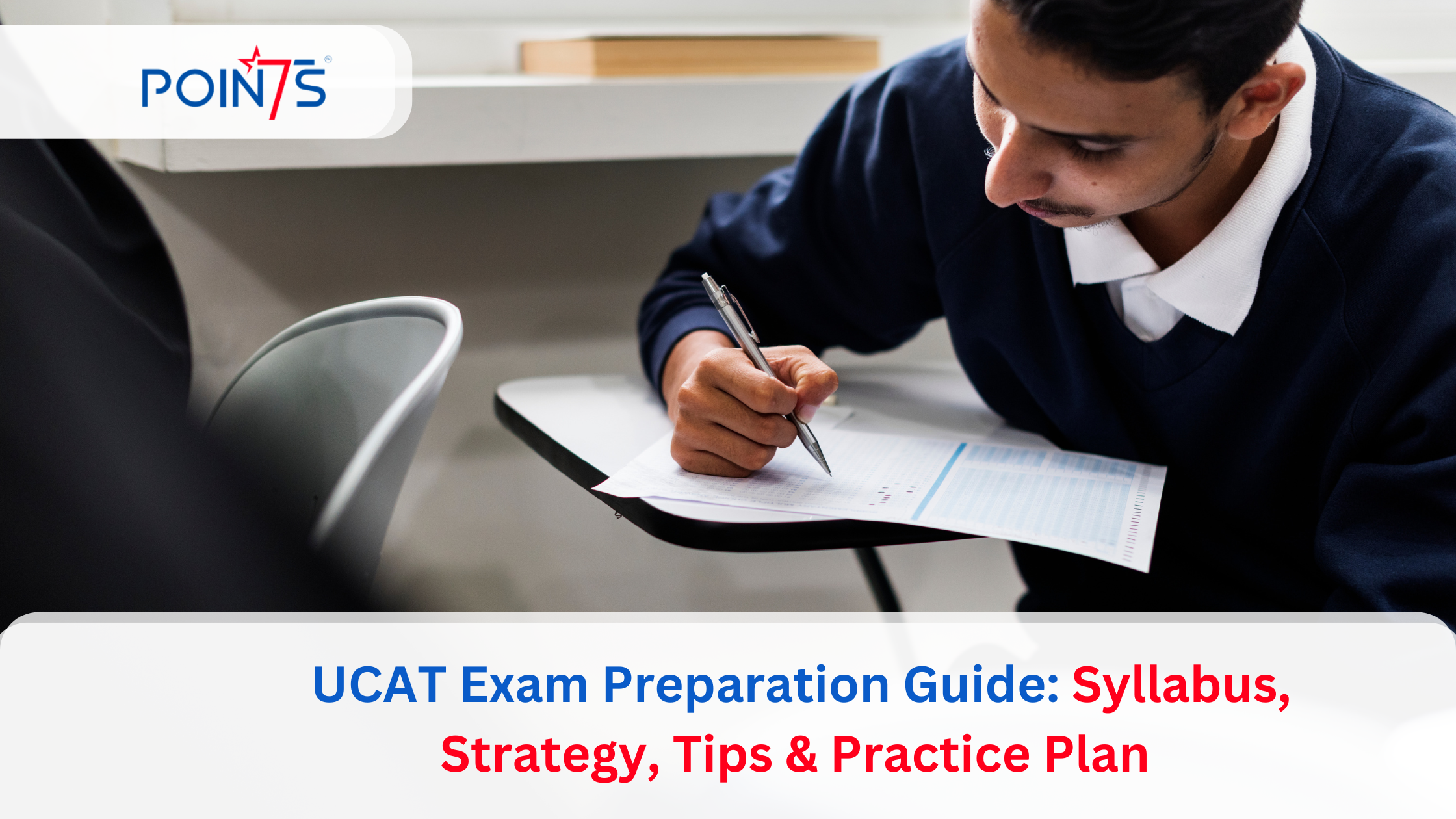Today, choosing a curriculum is not just about academics; it’s about preparing your child for a future filled with possibilities. And in this evolving landscape, two boards stand out in India: ICSE and IGCSE.
These two curriculums offer different approaches to learning and development. The choice between ICSE or IGCSE can shape how your child studies, how they think, and even where they go to college. So it’s important to understand how each board works and what it offers.
In this blog, we walk you through the details of IGCSE vs ICSE, making it easier for you to choose what suits your child best.

What the ICSE Board Offers
The Indian Certificate of Secondary Education, or ICSE, is a well established Indian board designed to give students a solid academic foundation. It focuses on traditional subjects like languages, mathematics, sciences, and social sciences, with strong emphasis on theory and writing skills.
ICSE is especially strong in English language and literature, often considered helpful for competitive exams and higher education in India. The curriculum is detailed, structured, and demands consistency and discipline.
Students appearing for exams like JEE, NEET, or CUET often find ICSE helpful because of its depth in science and mathematics. However, it does require students to handle a heavier syllabus with multiple exams and internal assessments.
What the IGCSE Board Focuses On
The International General Certificate of Secondary Education, or IGCSE, is offered by Cambridge and is accepted by universities across the world. IGCSE takes a more skill-oriented approach to learning, focusing on practical understanding, research, application, and communication.
Instead of rote memorisation, IGCSE encourages students to think critically and solve real world problems. It also gives more freedom in subject selection. Students can mix science, business, creative arts, and technology based subjects, shaping a path based on interests and future plans.
Because of its global approach and flexible structure, IGCSE is a strong option for students planning to study abroad or thriving in a less rigid academic format.
Comparing ICSE and IGCSE Boards
| Feature | ICSE | IGCSE |
| Governing Body | CISCE (India) | Cambridge (UK) |
| Learning Style | Theory focused | Application focused |
| Subject Selection | Pre-set groups | Wide and flexible |
| Assessment Style | Projects and written exams | Course based and external exams |
| Exam Frequency | Once a year | Twice a year |
| Grading System | 1 to 9 (1 being highest) | A* to G or 9 to 1 |
| Recognition | India focused | Internationally recognized |
| Ideal For | Indian entrance exams | Global universities and practical learning |
Key Points to Consider While Choosing ICSE or IGCSE
Every child is different, and so is every family’s plan. The right curriculum depends on where your child is heading, how they learn best, and how much flexibility you’re looking for.
Academic Strength and Comfort
If your child is good at memorising and enjoys writing detailed answers, ICSE might suit them well. But if they prefer hands on learning, visual tools, and applied concepts, IGCSE could be a better match.
Career Path and Higher Education Plans
If you see your child preparing for competitive exams in India, ICSE provides a familiar base. On the other hand, if your plans include universities abroad, the international format of IGCSE aligns better with admissions abroad.
Structure and Flexibility
ICSE has a fixed structure with a set number of subjects and limited flexibility. IGCSE gives students the chance to choose a mix that suits their interests from art and drama to economics and coding.
How Points Edulabs Supports Students in Both Curricula
Regardless of the path you choose, expert guidance makes all the difference. That’s where Points Edulabs comes in. With a team of dedicated IGCSE tutors and ICSE subject experts, they help students manage academics with confidence and clarity.
Their support includes:
- Personalised tutoring for all subjects
- Concept clarity sessions
- Internal assessment guidance
- Transition support for those switching boards
- Targeted exam preparation plans
If your child is shifting from ICSE to IGCSE or vice versa, the teaching methods, paper formats, and expectations can be very different. That’s why working with experienced tutors at Points Edulabs can ease that shift and maintain performance.
What You Should Remember Before Making a Decision
There’s no one size fits all answer in the ICSE vs IGCSE debate. Think about your child’s interests, future plans, and learning habits. Take into account your location, budget, and academic goals.
And don’t worry, you don’t have to make this decision alone. The team at Points Edulabs is experienced in helping families decide between ICSE or IGCSE. Their deep understanding of both boards allows them to offer unbiased, informed advice that truly benefits the learner.
Final Thoughts
The ICSE vs IGCSE debate isn’t about which board is better. It’s about which board works better for your child. Both have their strengths, and both can lead to academic success, provided the learning journey is supported with the right guidance.
If you’re still unsure or if your child is already enrolled in a board and needs additional support, the experts at Points Edulabs are here to help. Their experienced ICSE and IGCSE tutors understand how to bring out the best in every student, one concept, one class, and one milestone at a time.
Frequently Asked Questions
1. What is the main difference between ICSE and IGCSE?
ICSE is structured around theoretical knowledge and traditional academic frameworks, while IGCSE is globally aligned and focuses more on practical understanding and analytical thinking. ICSE is recognised primarily in India, while IGCSE has broader international acceptance. Your choice depends on your long term goals and your child’s learning style.
Not necessarily. IGCSE is different, not harder. It uses international standards, encourages research based learning, and includes a mix of coursework and exams. Some students may find it easier due to its practical approach, while others may prefer the consistency and depth of ICSE’s structured syllabus.
3. Can a student shift from ICSE to IGCSE or the other way around?
Yes, transitions are possible, but not always easy. ICSE students moving to IGCSE may need help adjusting to coursework and the global grading system. The same applies when moving from IGCSE to ICSE due to the change in academic style and expectations. In both cases, working with experienced tutors such as those at Points Edulabshelps smooth the transition.
4. Which board is more beneficial for studying abroad?
IGCSE is internationally recognised and often preferred by foreign universities because it mirrors global education standards. Its subject choices and grading systems align well with A levels and IB, making it easier for students to pursue undergraduate degrees abroad.
5. Do universities in India accept IGCSE students?
Yes, many Indian universities accept IGCSE students, especially those who’ve also completed A levels or equivalent post IGCSE programs. However, students may need to submit equivalence certificates or meet specific subject requirements. It’s advisable to consult university websites or education counselors to understand eligibility.
6. Does Points Edulabs offer coaching for both boards?
Absolutely. Points Edulabs offers specialised coaching for both ICSE and IGCSE boards. Their tutors bring years of subject specific expertise and focus on building strong academic foundations, customised strategies, and consistent improvement for every student.




